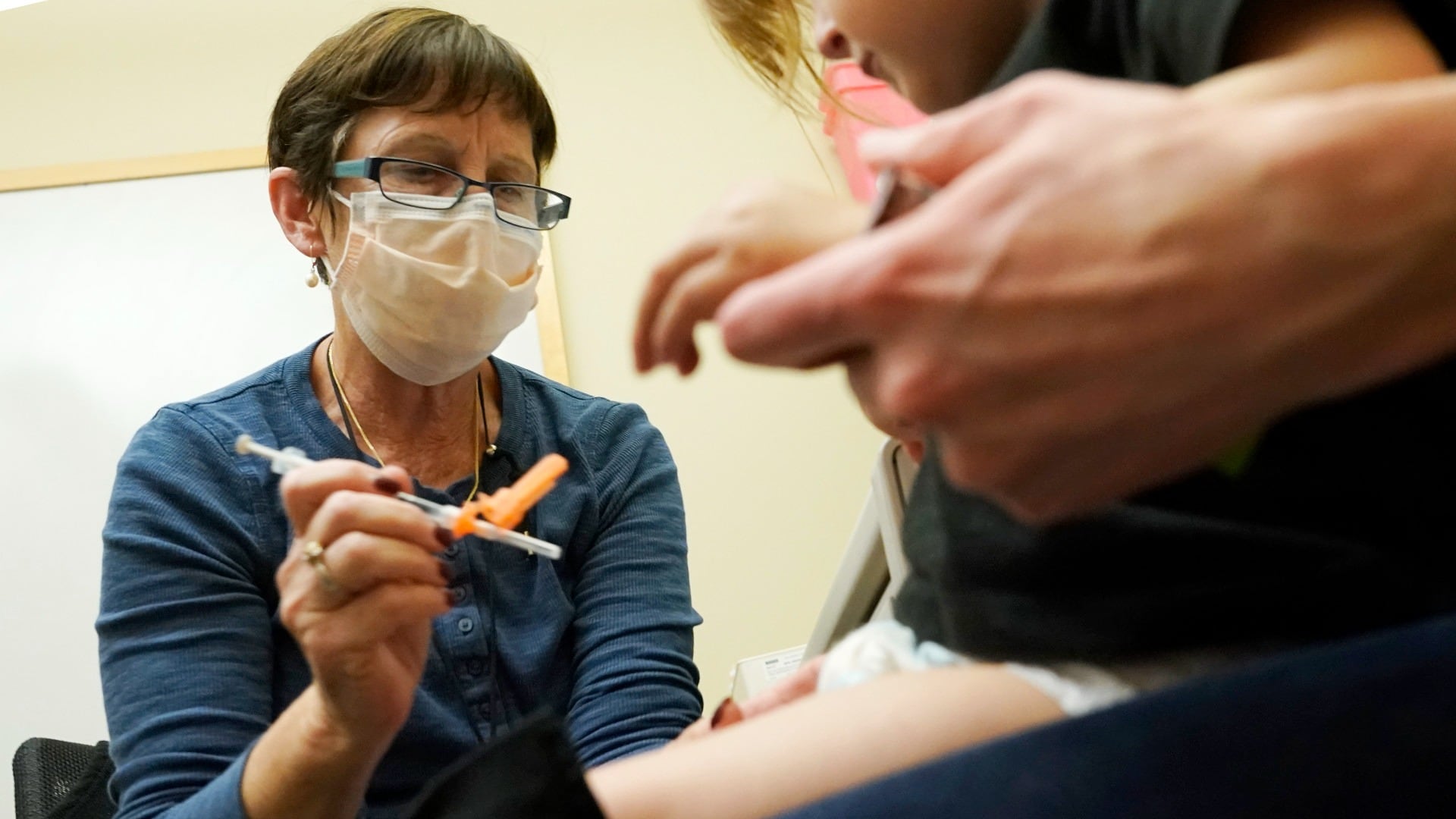The Environmental Protection Agency has proposed a new plan to lower the cap on the amount of harmful "forever chemicals" allowed in drinking water across the country.
The chemicals, introduced to consumers in the 1940s, were used in nonstick pans, firefighting foam, food packaging and a number of other everyday products. Known as PFAS (per- and polyfluoroalkyl substances), the chemicals have been linked to a number of serious health risks including for various cancers, reproductive issues, and low birth weight.
A bombshell class action suit filed in 2001 against chemical manufacturing company DuPont revealed that the company knew PFAS were hazardous and worked to conceal the fact from its own workers, local communities, and environmental officials.
"The science is clear that long-term exposure to PFAS is linked to significant health risks," Radhika Fox, assistant EPA administrator for water, told the Associated Press.
PFAS used to create teflon and non-stick appliances have since been taken off the market, but after decades of use and production, companies have utilized new PFAS that are no safer, according to the advocacy organization Environmental Working Group. The org states that people continue to be exposed to the harmful chemicals through avenues other than water consumption, including from stain-resistant furniture and carpets, packaging for baked goods and clothes that are labeled stain or water-repellent.
OceanGate Expeditions on Thursday said pilot and chief executive Stockton Rush, along with passengers Shahzada Dawood and his son Suleman Dawood, Hamish Harding, and Paul-Henri Nargeolet “have sadly been lost.”
A new study on loneliness is showing it may not only affect mental health, but it may also be bad for the bones. However, the study found it impacts one group in particular: men. Amid concerns about the rising epidemic of loneliness, researchers wanted to take a closer look at its effects.
Be Well: 2-Minute Morning Stretch Routine
Be Well: Celebrity Trainer Bob Harper Talks Heart Health
A new study from Finland found that "night owls," or people who tend to stay up late, don't live as long as those who go to bed early and wake up early as well.
Confidence in the scientific community declined among U.S. adults in 2022, a major survey shows, driven by a partisan divide in views of both science and medicine that emerged during the COVID-19 pandemic.
The American Cancer Society estimates that over 20,000 new cancer cases in Connecticut this year alone. But there's a concerning shortage of chemotherapy drugs in the state and across the country. News 12 reporter Mark Sudol tells us why and what can be done.
A jury in Oregon says the electric utility PacifiCorp must pay punitive damages for causing devastating wildfires in 2020 — on top of an earlier verdict already expected to amount to billions of dollars.
Pfizer is warning that an antibiotic used to treat syphilis and other bacterial infections in young people are likely to run out by the end of this quarter.
Be Well: Alex Rodriguez on the Importance of Dental Hygiene Following Gum Disease Diagnosis












